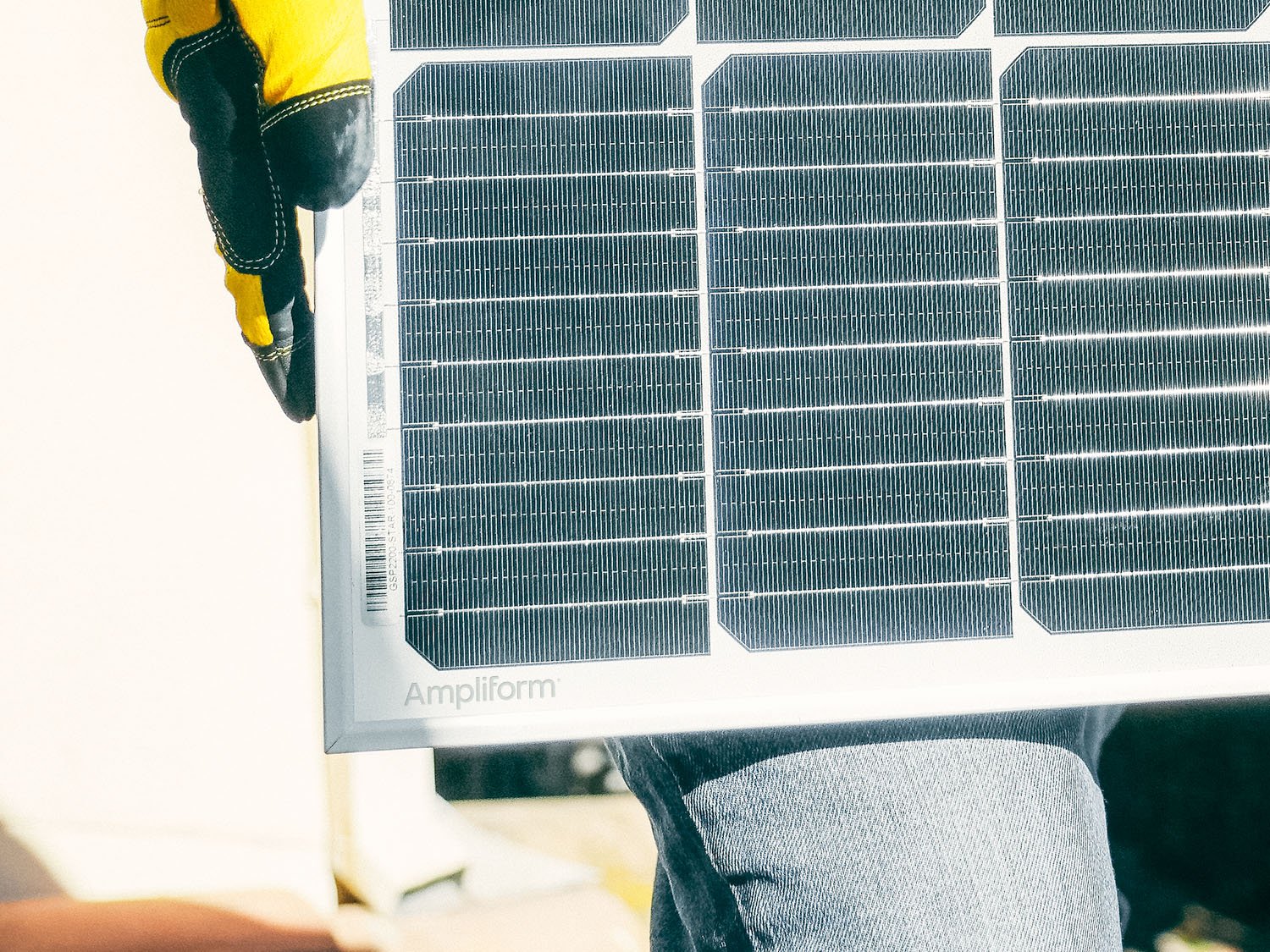Renewable energy activist Carl Jackson speaks to Penn State students about solar power
Friday, January 31, 2020
Note: on August 30, 2020 Glidepath Ventures was re-branded as Prospect14.
Re-posted from an article in The Daily Collegian by James Langan.
A packed room of Penn State students, faculty and community members attentively listened to everything Carl Jackson had to say at 12 p.m. on Jan. 31 in the HUB-Robeson Center.
Jackson is the co-founder of Glidepath Ventures and was the second weekly speaker for the Council of Sustainable Leaders in the group’s showcase series which will continue for eight more weeks.
All guest speakers in the Sustainability Showcase Series will follow the theme, “The Time is Now.”
Glidepath Ventures is a company aimed at bringing renewable energy to Pennsylvania in the form of solar power.
Jackson said the cost of renewable energy is going down due to all the investments and research that have been put into it.
Jackson then spoke about Pennsylvania’s role in becoming the “solar hub of the mid-Atlantic.”
He said there has not been a lot of solar adoption that allow for better capacity, so the projects Glidepath Venture is involved in have low connection costs.
“Pennsylvania is central to multiple epicenters like New York, New Jersey, Pittsburgh, Philadelphia, D.C.,” Jackson said.
He then explained how all these places are working to have more renewable energy and have plans in place to allow this to happen over the next 30 years.
Jackson said that solar power is beneficial to rural communities in Pennsylvania due to the reuse of mine sites that have been shut down and the fact that “solar sites can be planted with pollinator habitat,” which provides ecosystem services to neighboring farms. He added solar power would bring in property tax revenue for these communities.
“The capital investment of $1 million per megawatt is on average, so 500 megawatts is $500 million, and all of that is spent locally,” Jackson said.
Jackson explained to those in attendance what it takes to get solar power up and running. He said local states must be active and have requirements, but a big piece of the puzzle is that investments must be paid of up front.
“If you have a 20-megawatt system, you’re spending roughly $20 million up front,” Jackson said. “What you’re hoping for is the revenue in that model allows for you to enterprise and make some money eventually.”
Student Gabriel Schaefer, who attended the showcase, offered his thoughts on renewable energy and Penn State’s role in it.
“I think events like these are a perfect example of what Penn State is doing for sustainability,” Schaefer (junior-energy engineering) said. “As a student, I need to advocate for renewable energy sources — writing to senators and obviously reach out to some government officials as they have more leverage in those discussions.”
Morgan Hoover said the event demonstrated how the students and faculty of Penn State may have different political views, but are looking toward the future and working for sustainability.
“Educating other students and getting more politically active will allow us to push the envelope on the government level,” Hoover (freshman-biobehavioral health) said.
Dylan Kapadia spoke about Jackson’s speech and how students can make a change.
“In this world, people don’t really thing about renewable energy, and it’s becoming a lot more important every day,” Kapadia (senior-supply chain management and information systems) said. “We’re only at 5 or 6 percent of the world using renewable energy, and we need to get up to 30 to 40 percent by 2050 in order to stop all the climate damage that’s being done.”
Kapadia said he believes once people are educated about renewable energy, the world will start seeing real change. Kapadia also said Jackson’s speech motivated him to want to make this change.
“It’s just the little things — recycling, taking the bus instead of the car and running instead of using the bus,” Kapadia said. “Think of what would happen if every person did that on any campus. It would be a crazy snowball effect and it would impact the university in a big way. People inside the university would talk to people outside the university and it impact the world in a big way.”





